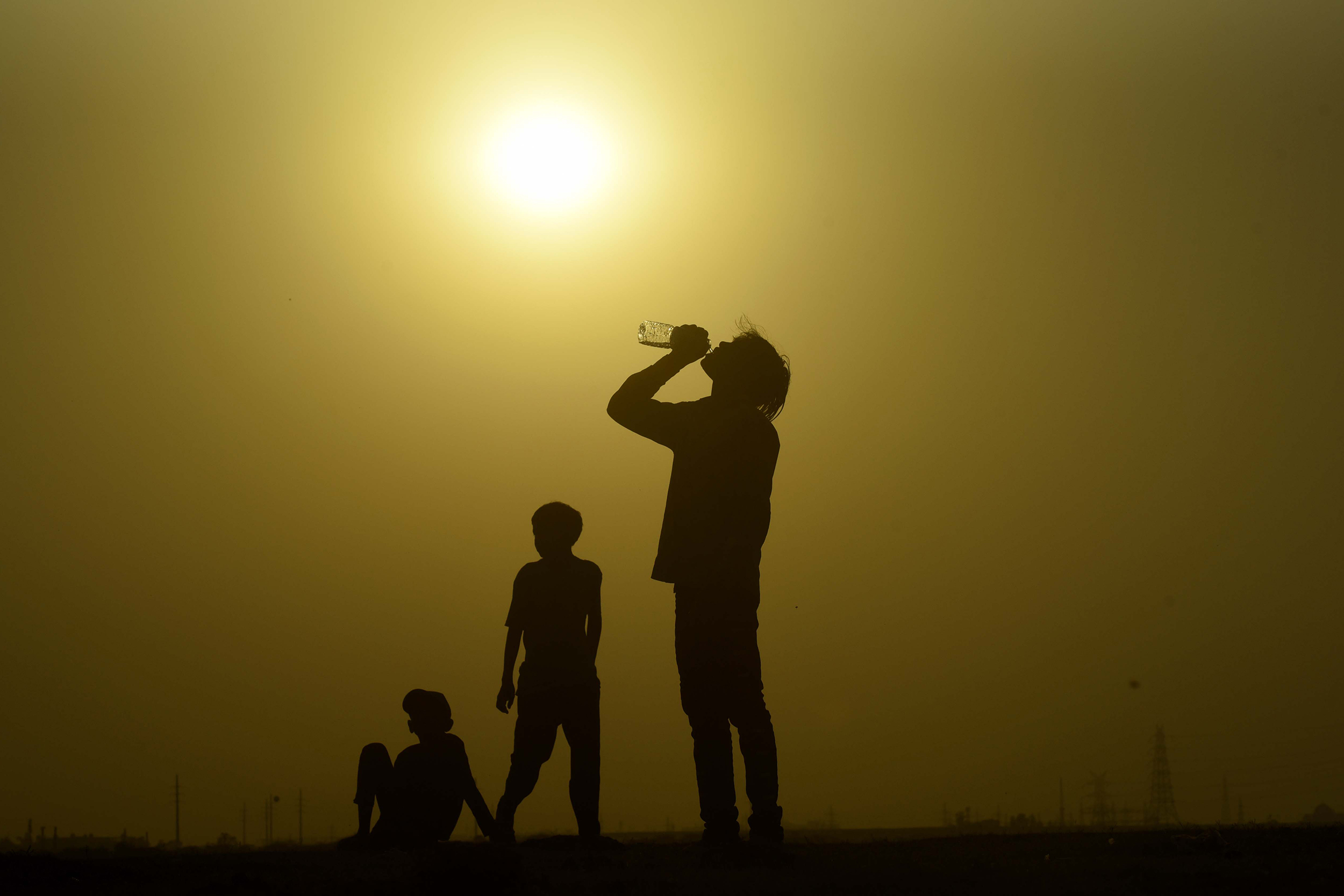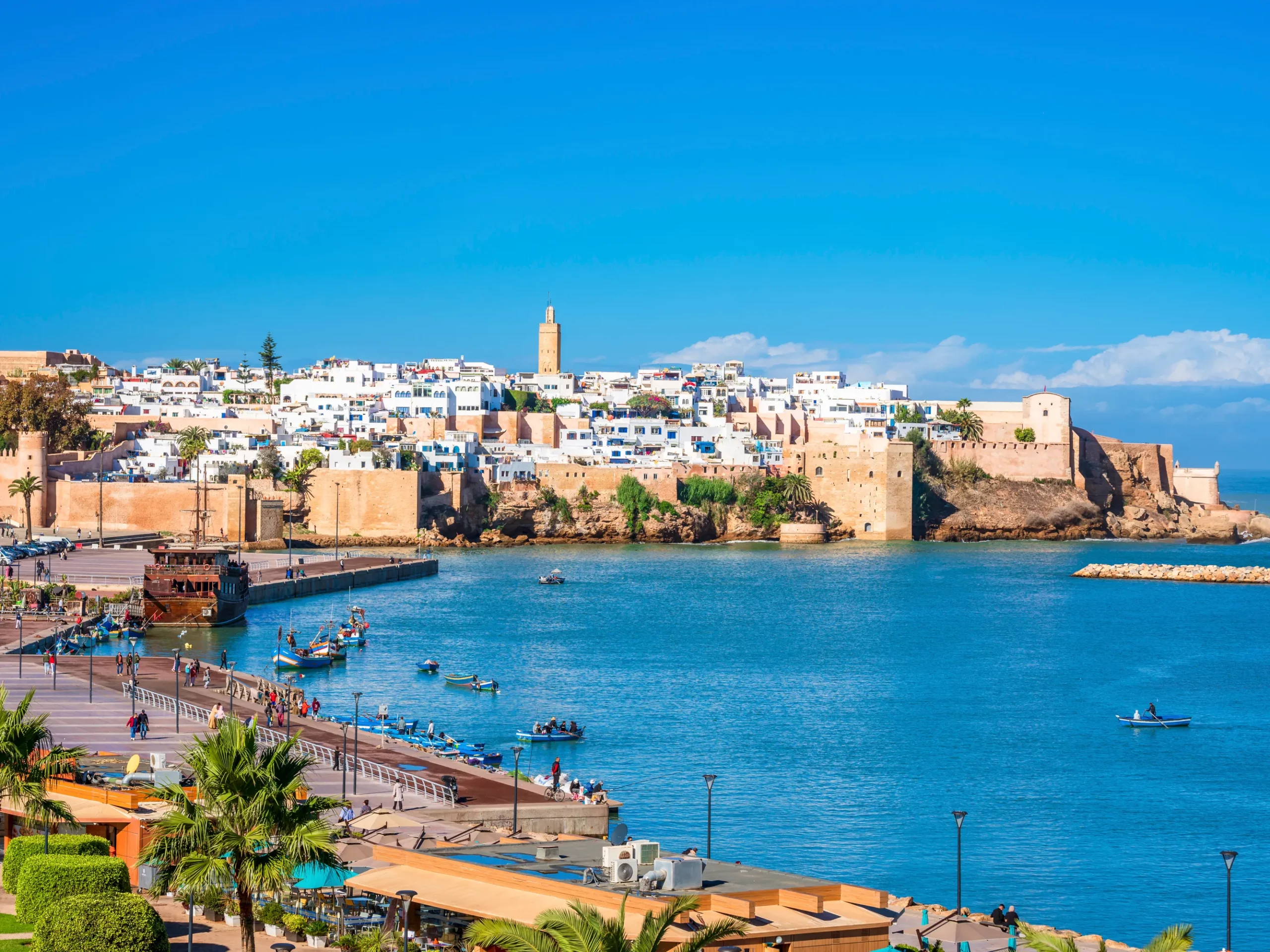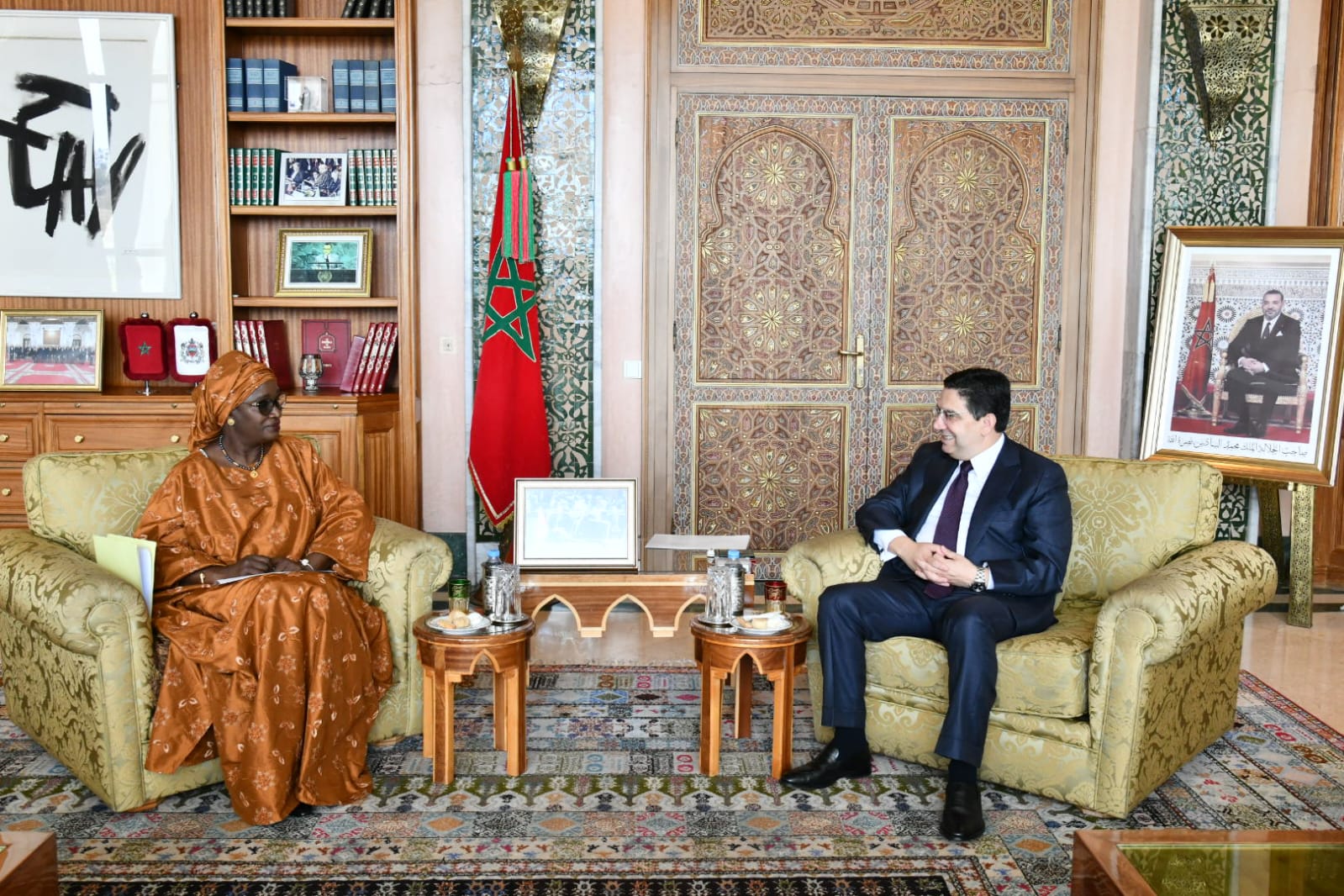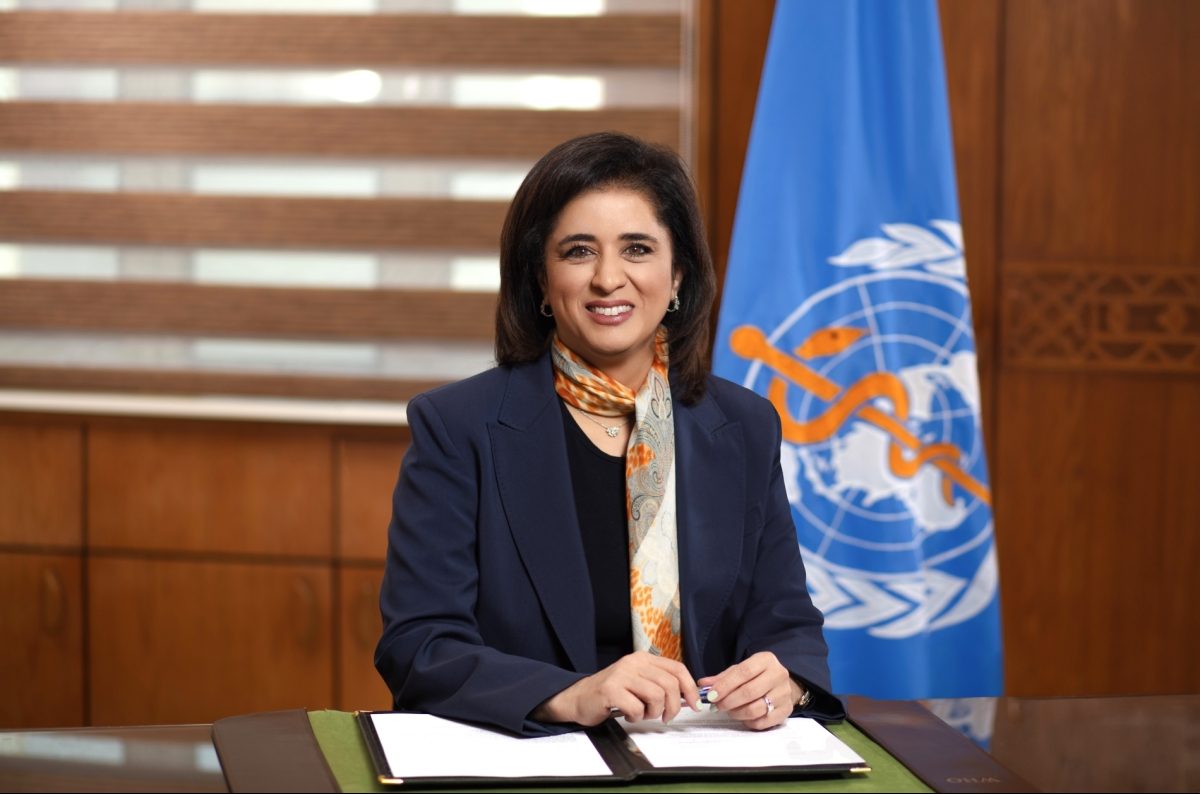Published
3 years agoon

The Directorate General of Meteorology announced, on June 26, an upcoming heatwave in several provinces of the Kingdom, with temperatures reaching up to 47°C.
Hot weather always comes with its share of inconveniences, notably dehydration, excessive sweating, and trouble sleeping. However, heat waves can have more severe consequences for your health other than just discomfort.
The World Health Organization (WHO) reported that between 1998 and 2017, over 166 thousand people died due to heat waves, as population exposure to heat is constantly increasing due to climate change.
All people are impacted by increasing global temperatures, with people more susceptible to physiological stress, aggravated sickness, and a higher mortality risk from exposure to excessive heat, either due to exposure or because they are more physiologically or socioeconomically fragile. These people include the elderly, youth, pregnant women, those who work outdoors or in manual labor, athletes, and vulnerable categories.
Both internal body heat produced by metabolic activities and external heat from the environment can contribute to heat accumulation in humans, which contributes to the development of several disorders, including heat cramps, heat exhaustion, heatstroke, and hyperthermia.
Heat can also have less direct effects, as it can have an impact on people’s behavior, the spread of disease, the provision of health services, the quality of the air, and vital social infrastructure, including water, transportation, and energy.
There are several recommendations that people must follow to prevent heat strokes and heat-related health complications, for example, people must not exceed a 7-degree difference from the outside temperature since extreme cooling down can also make one ill.
People are recommended to avoid heavy physical exertion, especially between 12 and 2 p.m., and the consumption of hot beverages, particularly coffee and tea in excessive quantities, as they are diuretic, increase urine output, and cause water elimination.
Mayo Clinic emergency medicine specialist, Doctor Steven Maher, emphasized the importance of staying hydrated and the correct way to consume other beverages.
“Once they get into the second or third bottle of water they can start adding in something like an electrolyte drink just to kind of keep the electrolytes up as well because you lose salts and water,” explained Doctor Maher.
Regionally, the Moroccan Ministry of Health recommends, on its platform “Sehati,” drinking water regularly, refreshing oneself several times a day, eating sufficient and nutritious food, avoiding going out during the hottest hours of the day, and keeping the home cool through the closing windows and shutters during the day, and opening them in the evening and at night if it’s cooler.
You can also protect yourself from the sun by wearing a wide-brimmed hat, sunglasses, and sunscreen.
As climate change only aggravates, heat waves are becoming more frequent and intense.
Stay in the shade, stay hydrated!


HRH Crown Prince Moulay El Hassan Chairs Graduation Ceremony of 24th Higher Defense Class, 58th General Staff Class

Berlin: Minister Mohamed Abdeljalil Expresses Morocco’s Commitment to Fight Against Climate Change


FM Nasser Bourita Sheds Light on Royal Vision Relating to African Cooperation in Counter Terrorism


New Delhi: Morocco Named Most Vibrant Destination (TravelJingles)


Liberia Reiterates Support For Morocco’s Sovereignty, Territorial Integrity


Morocco Among Best Destinations for French Retirees in 2024 (Le Figaro)
































Althena Media Group
Address:
Kamal Parc Center, Building A. Mohammedia. 28 810 Morocco
Phone Number: +212.710.39.99.99
Email: Contact@moroccoenglishnews.com
Advertising: Ads@moroccoenglishnews.com
Morocco English News is a leading digital news platform based in Morocco.
Morocco English News: See Morocco Differently
Updates and insights related to politics, culture, industry and technology, life and entertainment, Business and Finance.
